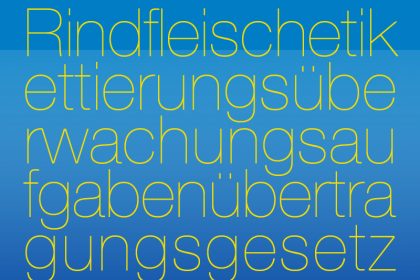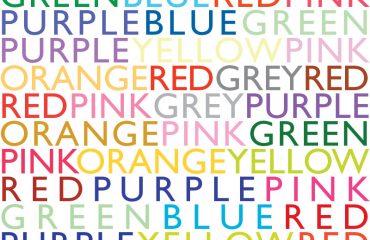
Translators and proof readers have suspected it for a long time: The German language simply has too many words. Nobody can know them all. Wolfgang Klein, director of the Max Planck Institute for Psycholinguistics, agrees with you: In his report “Wealth and Poverty of the German Language”, he comes to a surprising conclusion. The German language has “5.3 million lexical units – i.e. words as they are found in a dictionary”. The number of words trebled in the 20th century, but whoever immediately thinks about computers and the Internet is in for another surprise: Most of the new words were added during the first half of the century, particularly in the areas of functional texts, science and particularly newspapers. And the majority of these words were neither Anglicisms nor foreign words, but rather composite words.
Of course, that is a bit unfair towards other languages. But, what other language could invent wonderful words like “Rindfleischetikettierungsüberwachungsaufgabenübertragungsgesetz” (transfer law for the monitoring of beef labelling tasks)? By the way, this word held the record for the longest German word until the law was abolished.
By comparison: The “Oxford Dictionary of English” currently has around 620,000 contemporary words, the French equivalent “Grand Robert” on the other hand, only 100,000. However, the Duden estimates the vocabulary of contemporary German at only around 300,000 to 500,000 words, though only the infinitive is considered. But no matter how it is calculated – that is a whole lot of words!

 English
English  Deutsch
Deutsch 


